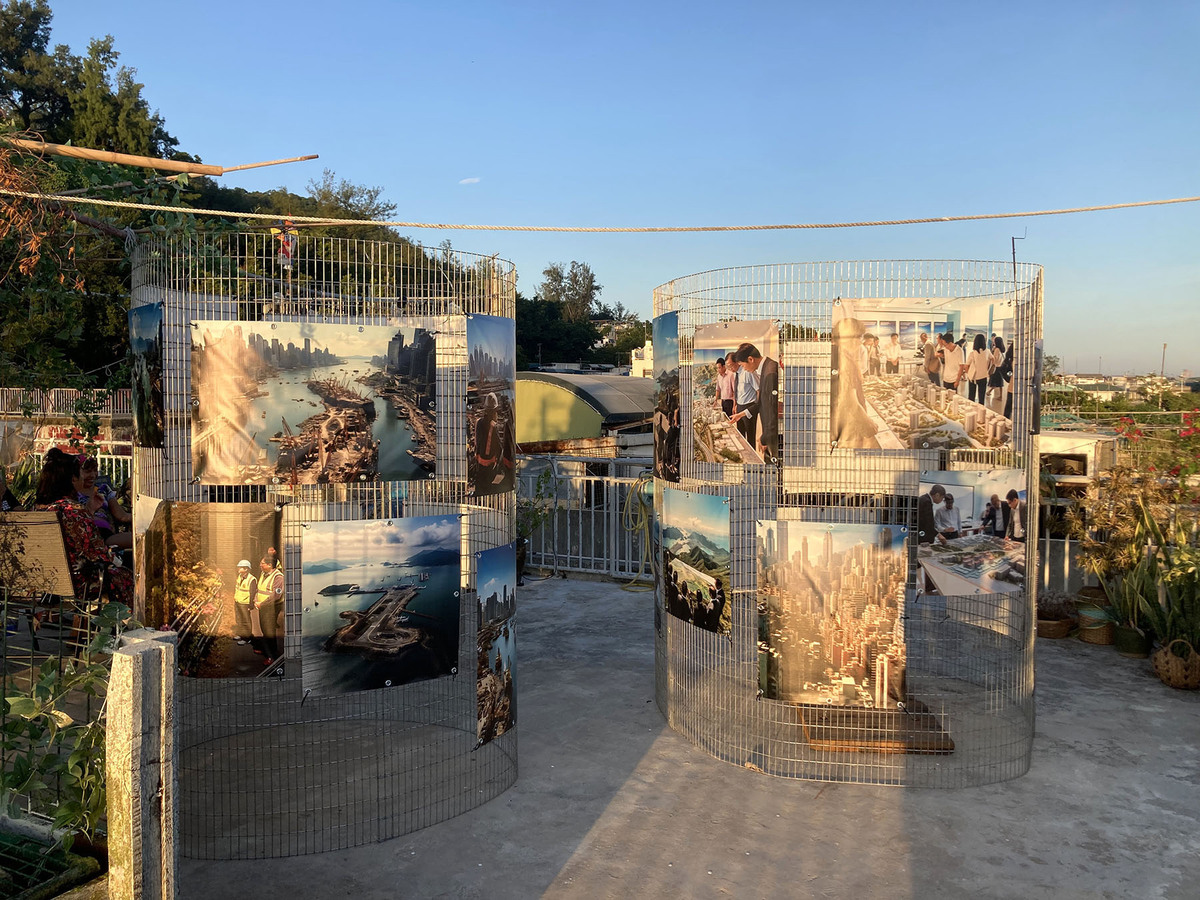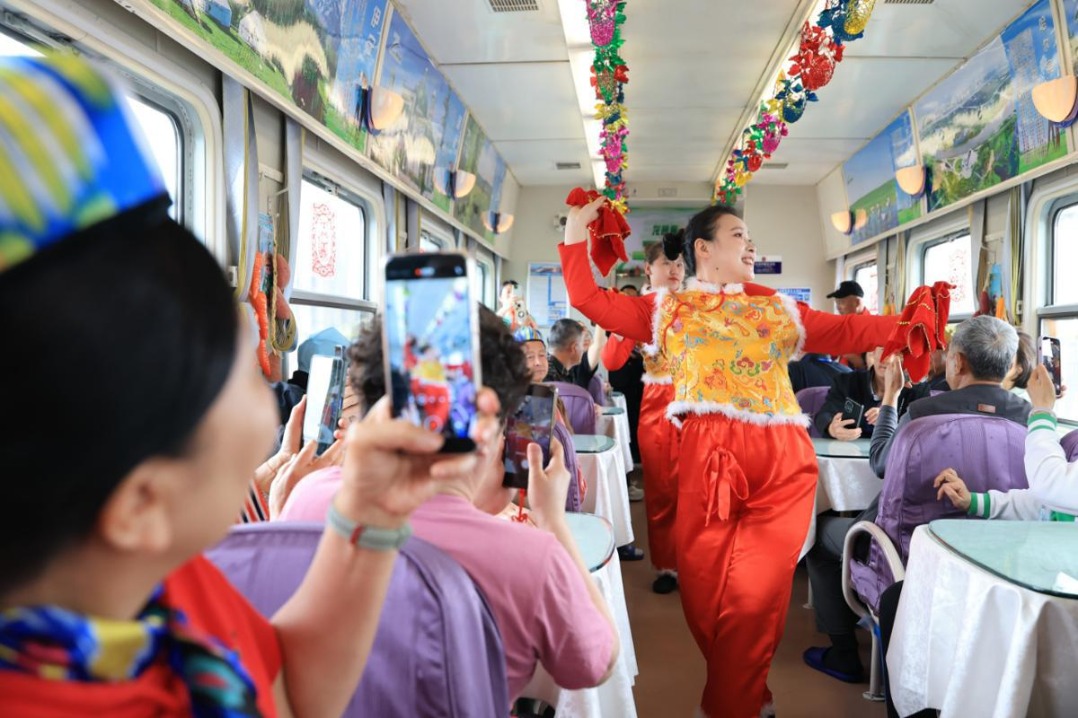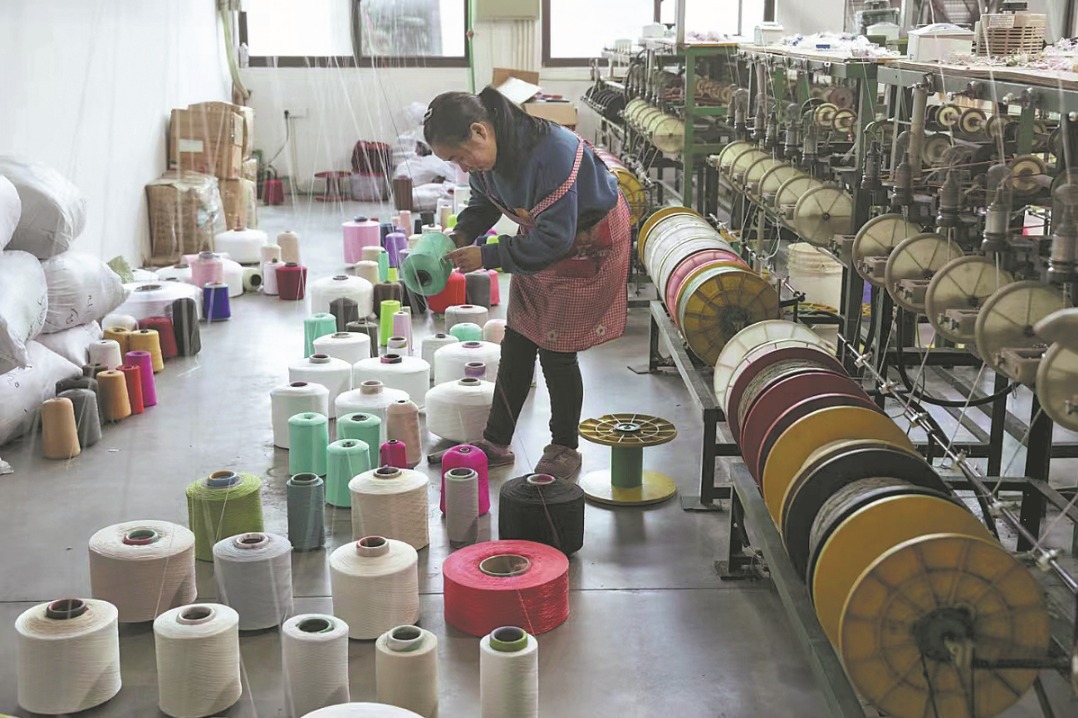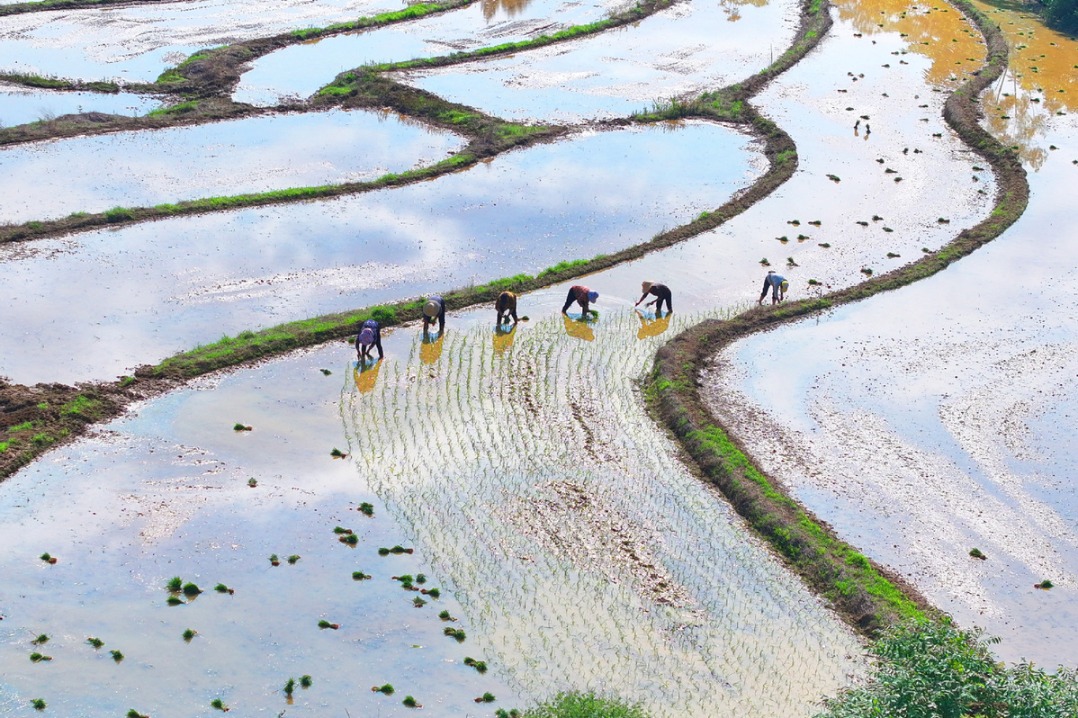Finding creative solutions


Think local
Retaining audiences is also proving to be a tough goal. In the upcoming season, most festival organizers anticipate a lower audience turnout compared with that over the last few years, now that Hong Kong people are no longer held back by pandemic-related travel restrictions.
Rory MacKay, the founder of Wild Hong Kong - a tour operator offering guided adventures via biking, hikes and kayaking - confirms that the island festivals were in heavy demand during the height of the pandemic. With little scope for overseas travel, many of his customers had bought into the idea of rounding off a day spent doing water sports by checking out a music festival running in the vicinity. "However, since Hong Kong residents can travel overseas again, this trend has reversed."
Chan, however, doesn't sound overtly concerned about the audiences lost to overseas travel. "Our festival is designed as a community-building activity, primarily focused on engaging local residents in the interisland area," he says. "While Hong Kong residents from outside the interisland area and international tourists are welcome, they are not our main audience."
His view is corroborated by Harmony Lai, who found out about the Inter-Island Festival on social media and subsequently on a Peng Chau residents' WhatsApp group. "I enjoyed the variety of programs and artists, but they filled up quickly. Next time, it would be great to have more shows and activities to accommodate more participants."

Keep it simple
Hong Kong Youth Arts Foundation founder Lindsey McAlister has been producing live shows in the city since 1993. She says that there are a number of ways in which private enterprises can help support Hong Kong's island festivals. "Their contributions can include financial sponsorship, marketing collaboration and direct participation through interactive booths or activities. Such efforts not only enhance the scale and quality of events but also create valuable connections with the community.
"Companies can also encourage employee volunteerism, invest in sustainable practices, and form cultural partnerships with local artists and craftspeople."
McAlister recommends that the local government abet matters by "simplifying the grant application process for smaller festivals, encouraging more organizers to apply and access funds quickly". On top of that, if it could "provide better infrastructure specifically designed for hosting events on the outlying islands, such as portable stages, sound systems, and lighting equipment, that would be immensely helpful".
She points out that there are several models of private-public partnerships meant to support arts festivals, and that each has its own strengths.
"One that we don't see so much in Hong Kong is the use of social-impact bonds specifically meant to support the arts. It would be interesting to see if this fundraising model, potentially more sustainable in the long run, develops in Hong Kong arts in the near future."
- Regional brand drives rural revitalization success
- Action taken against people deemed responsible for tower roof collapse
- Undergraduates make up majority of those wishing to study abroad
- Chinese scientists discover Qinghai-Tibet Plateau's unique role in greenhouse emissions
- Pet owners embrace traditional Chinese veterinary treatments for their beloved pets
- China to recruit over 20,000 special post teachers for rural areas




































